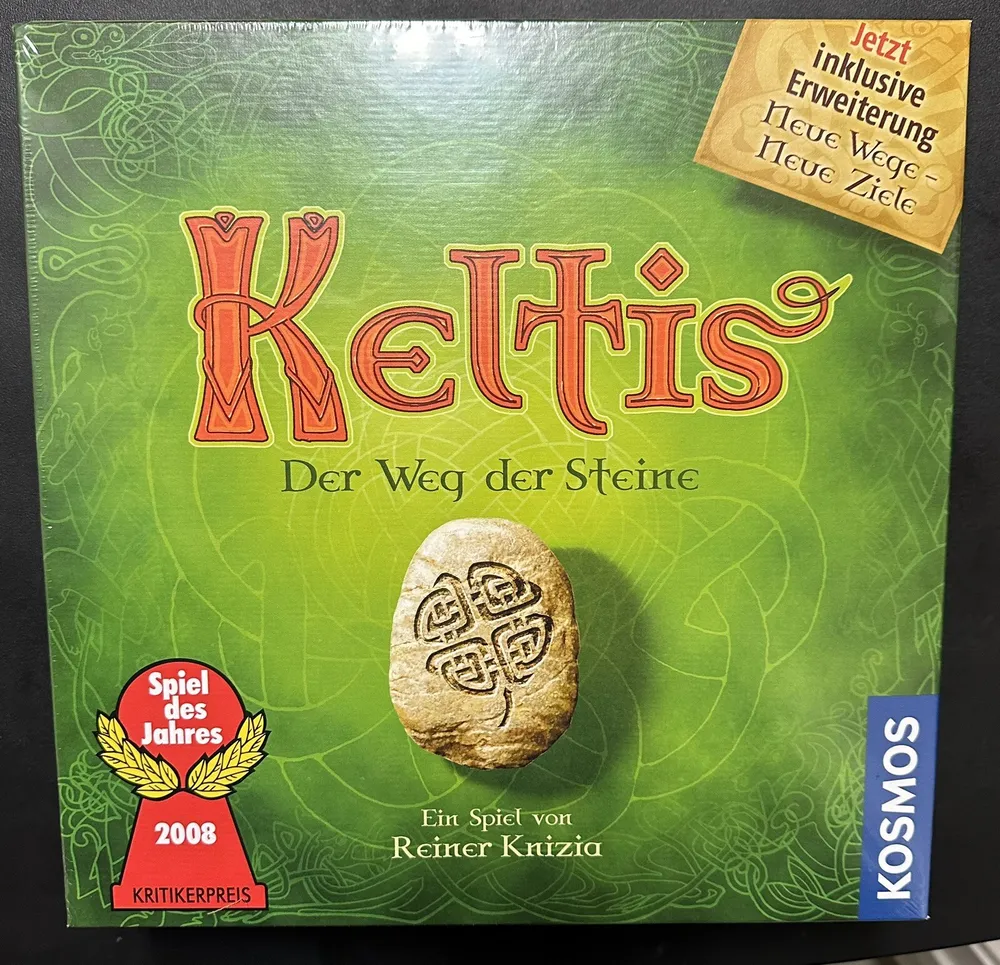Keltis (2008)
Brief History and Background Information of KeltisKeltis is a board game designed by Reiner Knizia that won the Spiel des Jahres for best game of the year in 2008. In the US, it has been marketed as Lost Cities: The Board Game, though there are some subtle rules differences. It is a multi-player board game that is based on the same theme as Knizia’s two-player card game Lost Cities.
Why is Keltis Popular?
Keltis is a popular game due to its strategic Gameplay Mechanics of Keltis and the fact that it won the Spiel des Jahres award, which is a prestigious award in the board game industry.
Game Components of Keltis
How To Setup Keltis
To set up Keltis, start by placing the game board in the middle of the playing area. Each player chooses a set of pieces and places them in the starting area on the board. Shuffle the card deck and deal 8 cards to each player. Place the 25 bonus tokens face down on designated spots on the board. The goal is to score the most victory points by progressing on the stone paths.
Gameplay Mechanics and Game Objective
Player Experience
Keltis offers a dynamic and strategic experience, particularly for fans of card games and path-building mechanics. Unlike Lost Cities, Keltis accommodates up to 4 players and introduces a central game board that adds a new layer of complexity and interaction. Players must balance their card plays carefully, considering the potential benefits and penalties of advancing on each path.
Pros
Cons
Personal Thoughts on Keltis
Keltis is ideal for players who enjoy strategic card games and are looking for a game that offers a mix of luck and skill. It is particularly suited for those familiar with Lost Cities, as the gameplay mechanics are similar but with additional layers of complexity. The game’s ability to accommodate up to 4 players makes it a great addition to any board game collection, offering a fun and challenging experience for a small group of friends or family.
We are supported by our audience. When you purchase through links on our site, we may earn an affiliate commission, at no extra cost for you. Learn more.

